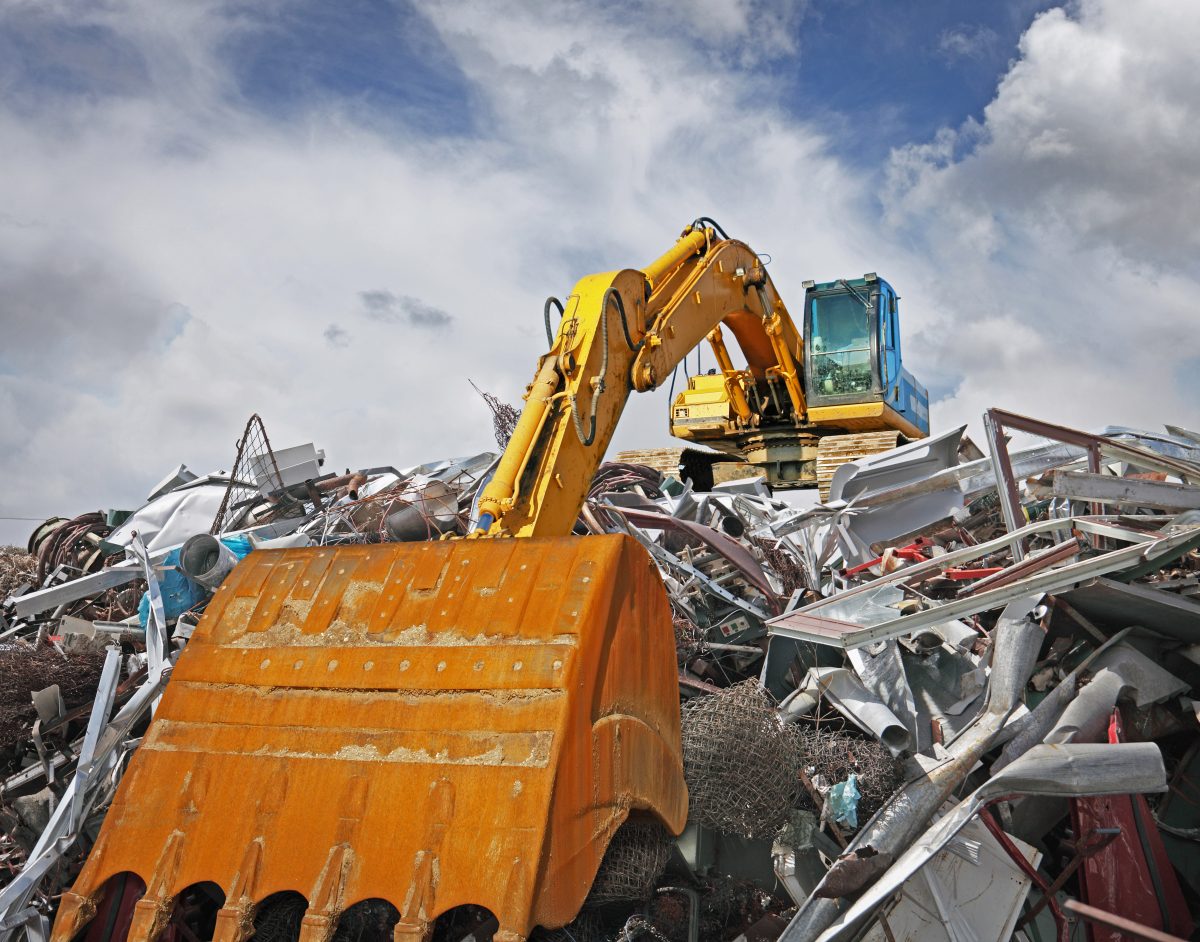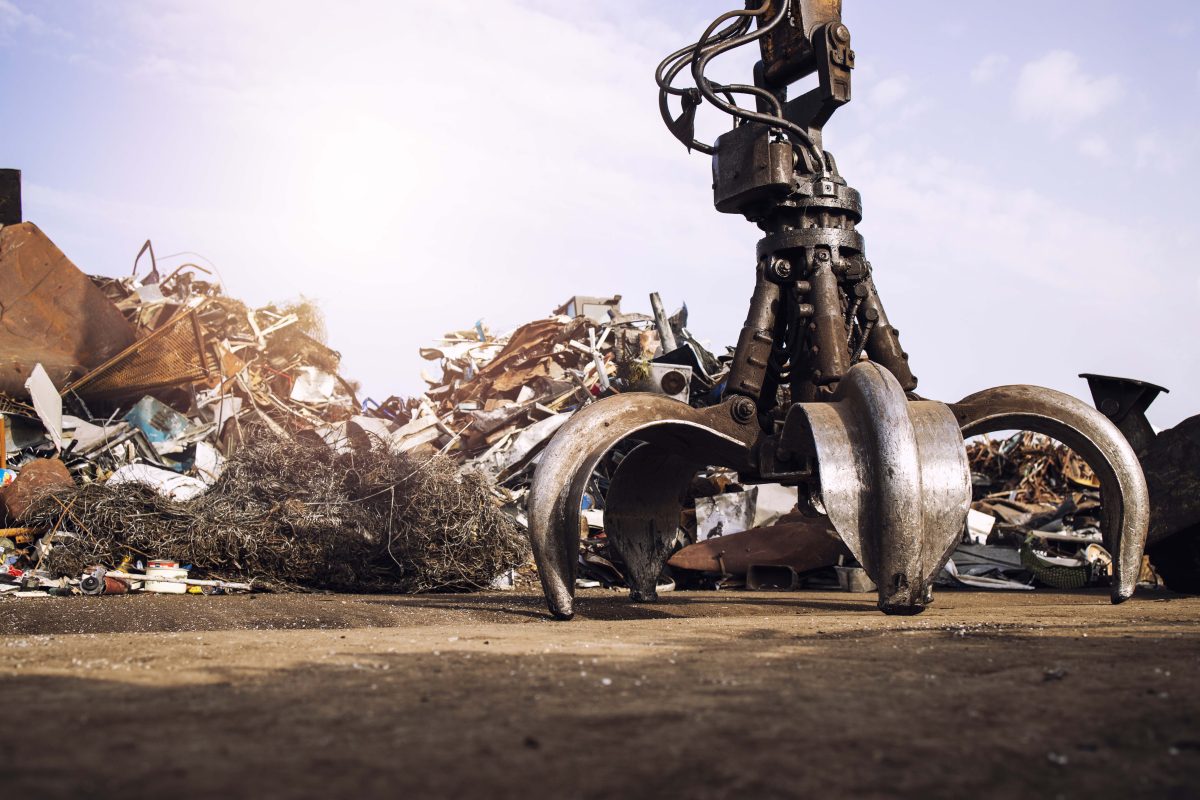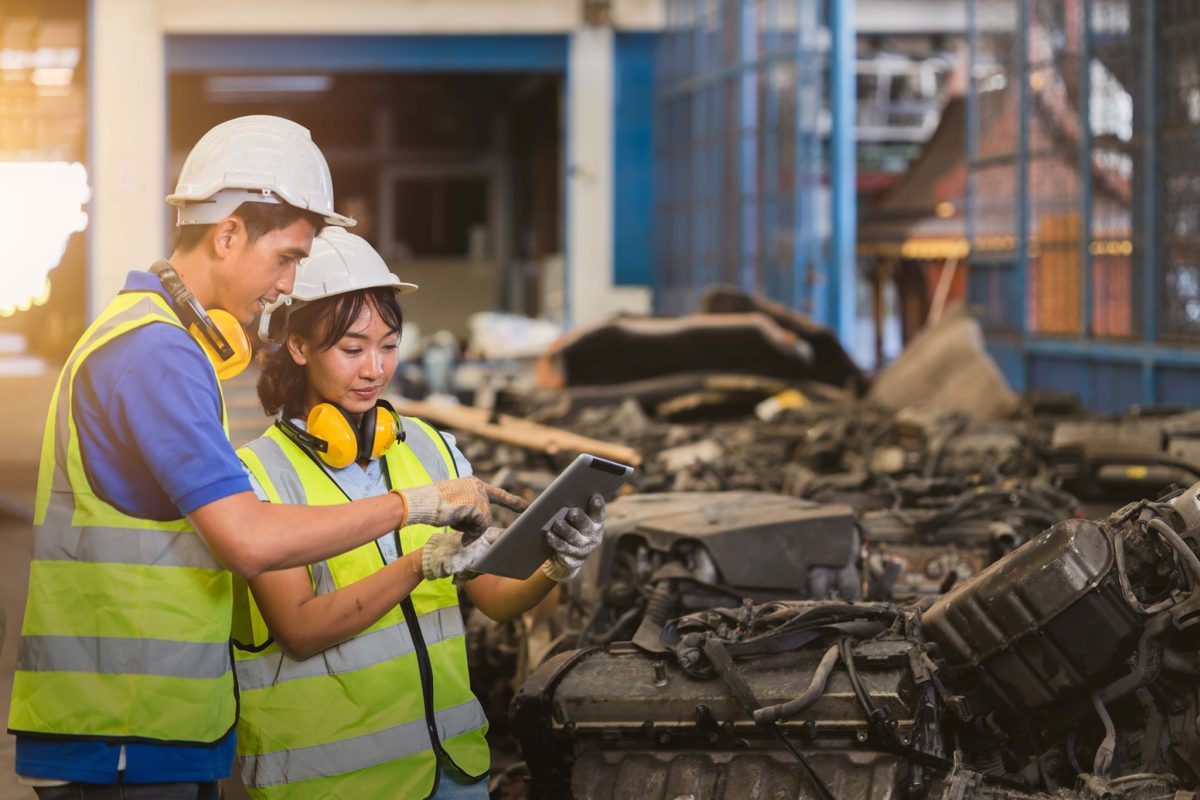We have to admit – the world’s efforts towards recycling have never been better. Major companies are contributing towards the issue, for example, Adidas, who manufacture shoes from ocean plastic that has been recycled. The bad news: it’s still not enough. Recycling goals are difficult, but many of the issues are extremely easy to overcome. For the UK, there are two significant problems that stand in our way: a lack of education and being too stuck in our ways.
Recycling in the UK
When asked, 60% of Brits said that they make an effort to buy products that have been packaged using recycled materials. So, what’s going wrong?
For one, a study in 2019 discovered that 86% of London citizens want to recycle, but don’t know how.
When the UK first started recycling, all materials were separated. Eventually, recycling became easier, and a system was put in place where people could put everything in a single bin. This would then be separated by members of staff at the recycling centre. However, instead of deciding whether something could be recycled before they tossed it in the bin, people became lazy, meaning lots of recyclable materials were ruined.
Common confusions
In general, people are unsure as to what plastics are recyclable. This can also be said for wood and metal. An unexpected addition to this list is crisp packets, which are not actually able to be put in a recycling bin. To make matters more confusing, you can actually recycle crisp packets, but you’ll have to find a collection point near your home. Luckily, most UK residents have a collection point within four miles of their address.
But a crisp packet is only small, right? Surely it can’t do that much damage to a recycling bin. However, statistics show that 93% of UK households buy and consume crisps. This is a pretty impressive figure, but one that can cause some serious recycling issues.
Brit’s bad habits
For some reason, many of us assume that magazines can’t be recycled. Just because they’re glossy, they’re still made of paper, meaning this assumption is wrong.
Another classic habit is to recycle our plastic bags. Even if it’s a bag for life, the whole point is to utilise these a number of times, not just to throw them in recycling.
Shredded paper is a no – this will definitely end up at a landfill if it finds itself in one of your recycling bins.
We’ve all seen the battery collection boxes in supermarkets, but how many of us use them? Batteries are not designed to be thrown in the bin, recycling or otherwise. They’re full of lots of harmful chemicals, so make the effort to take them to a collection point or supermarket.
Finally, if you think you’re helping the environment by recycling old clothes, you’re probably wrong. While the sentiment is good, they’ll a quarter of clothes in the UK end up in landfills. Luckily, there are plenty of alternatives for old clothes, Depop being a good one. There are also numerous charities that will take your clothes, and this way, you’re helping someone in need at the same time.
Recycling will always be a tough job and a big one. If you cut back on these small and easily-amended habits, you can contribute to a great cause. Tell your family and friends, and help to combat any recycling mistakes in the UK.
Statistics: https://www.recycling-magazine.com/2020/09/16/un-bin-lievable-brits-still-dont-know-how-to-recycle/
Bread4Scrap has been partnering with scrap metal recyclers in the UK since 2016, and we are here for you, whatever the situation may be. Don’t hesitate to contact us today for guidance.



